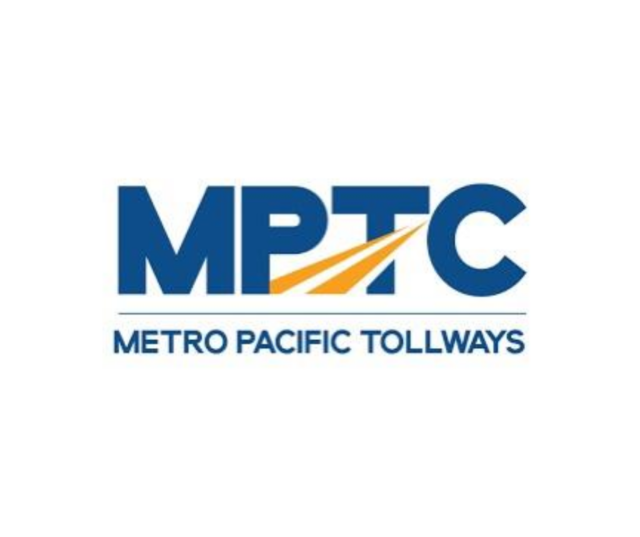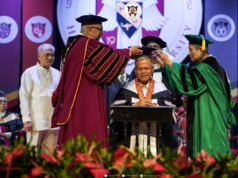The head of the tollways group, who supervises the NLEX Corporation, declared that all its expressways are prepared for both cashless and cash payments at the roadways toll plazas.
“We are prepared to respond favorably to any initiative taken by the executive and legislative branches to make expressways even more convenient and safer for our customers,” said Rodrigo E. Franco, president and CEO of the Metro Pacific Tollways Corporation (MPTC) in a hearing conducted by the Senate Committee on Public Services held yesterday (Dec. 17).
Earlier, Senate Resolution 596 was signed by 14 senators, which sought the temporary halt to cashless transactions in all expressways, which was mandated by Department Order 2020-12 issued by the Department of Transportation (DOTr).
The MPTC executive addressed part of the Senate Resolution that seeks to amend issuances by DOTr “to improve the implementation of cashless or contactless transactions on all limited access facilities.”
Franco said that “adopting RFID at our toll plazas is both necessary and timely. It’s necessary because it really speeds up traffic. It is timely – even urgent – because of the new public emergency that will minimize, if not eliminate, contact between motorists and toll collection personnel.”
In an earlier statement, Committee Chair Sen. Grace Poe acknowledged the necessity of RFID, as long as implementation procedures are ironed out. She said: “Cashless transactions on our expressways are indeed ideal. Especially in this time of the pandemic. I daresay that it is a necessity.”
The MPTC President revealed that the transition from cash to cashless transactions was a huge effort. “It involved a massive and comprehensive undertaking since 1.2 million RFID stickers had to be installed in a span of less than four months.”
He was quick to add that MPTC’s tollway network opened 283 RFID lanes in the toll plazas to the customers.
Franco said: “We sincerely apologize to our customers and partners for the inconvenience in the run up to December 1, the first day of the implementation of the cashless contactless program. After the “birth pains” during the first week of implementation, Franco said, traffic flow at the toll plazas have significantly improved”.
He informed the Senators that there are additional system enhancements “that are forthcoming this month and next month to make the RFID experience even more pleasant.
Franco informed the Committee that MPTC has seriously and enthusiastically accepted its role as government’s partner in building and modernizing the transport infrastructure in the Philippines.
“Our investments in expressways that are already operating or under construction in the Philippines will reach P180 billion,” he pointed out.
He also shared his vision with the Committee about plans to further enhance the country’s tollway infrastructure.
“Our common vision for the future is to bring tolling technology in the country to the modern age,” Franco remarked.
He added that “full RFID in the expressways, after whatever refinement will be mandated, is just the first stage.”
Franco spoke of the next two stages: “We want to see in the second stage an efficient interoperable and seamless toll collection system in the country. The final stage is the vision of the ‘open road’ where there are neither barriers nor tollgates at all in expressways.”





